Boston, Massachusetts, stands as a cornerstone of American economic history, its evolution intertwined with the nation’s growth.
From its humble beginnings as a colonial trading hub to its present-day status as a global center of finance, technology, and academia, Boston’s economic trajectory reflects the changing tides of industry, innovation, and entrepreneurship.
Established in 1630, Boston swiftly emerged as a bustling port city, facilitating trade routes that connected the New World to Europe and beyond.
The city’s strategic location and maritime prowess fueled its early economic success, laying the groundwork for future prosperity.
As the Industrial Revolution swept across America in the 19th century, Boston diversified its economy, embracing manufacturing and emerging industries. Innovations in textiles, machinery, and transportation propelled the city into a new era of growth and opportunity.
This exploration delves into the rich tapestry of Boston’s economic history, uncovering the forces that shaped its past and continue to drive its future.
A History of Boston’s Economic Engine
Boston, the “Cradle of Liberty,” boasts a rich history that extends beyond its revolutionary spirit. Its economic story is one of constant reinvention, adapting to new opportunities and challenges. Let’s explore the key chapters of Boston’s economic journey:
Seeds of Commerce in the Early Years (1630s-1800s)
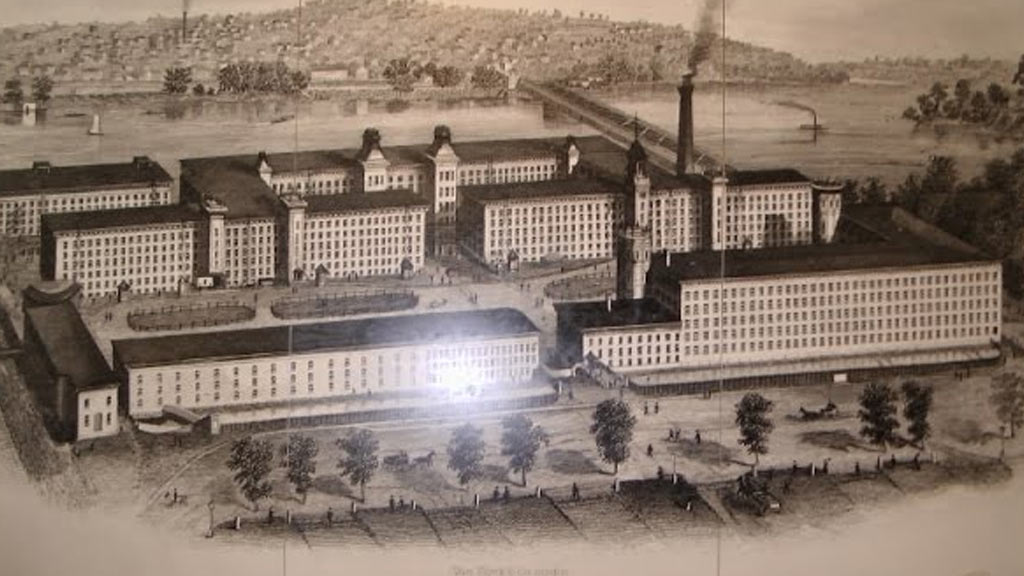
Founded in 1630 by Puritans seeking religious freedom, Boston’s initial economic focus was practicality. The fur trade with Native Americans flourished, fueled by Boston’s deep-water harbor and shipbuilding capabilities.
By the 18th century, Boston had emerged as a major commercial center for trade with Europe, the Caribbean, and beyond. Triangle trade routes brought wealth, but also the stain of slavery, which would later be a moral and economic burden for the city.
The Rise of Manufacturing and Industry (1800s-Early 1900s)
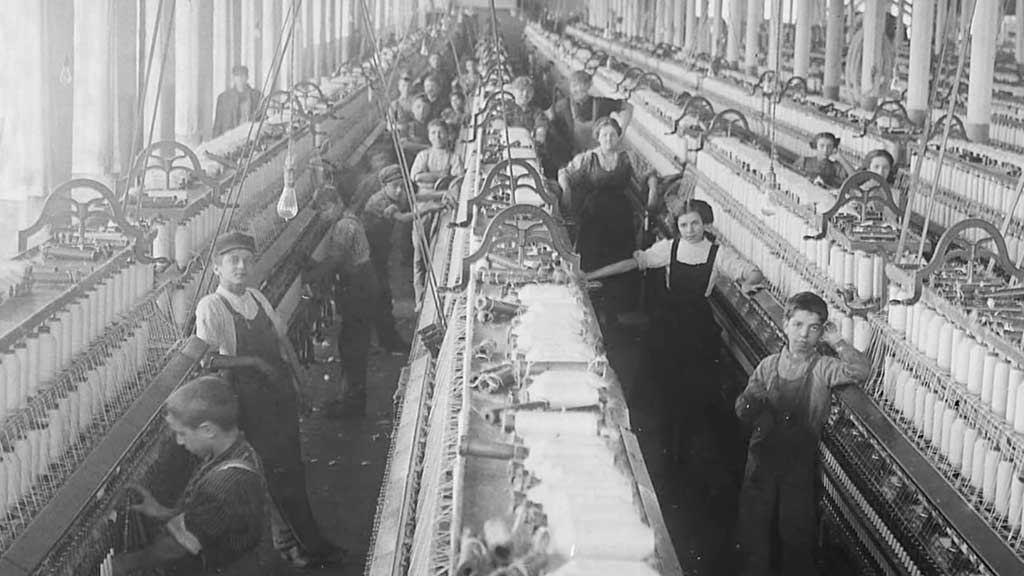
The American Revolution brought economic hardship, but Boston quickly rebounded. The Industrial Revolution fueled textile mills and machine shops, with skilled labor driving innovation.
The opening of the Erie Canal in 1825 further cemented Boston’s position as a transportation hub, facilitating the movement of goods and people.
By the late 19th century, Boston had become a center for finance and insurance, with institutions like State Street Corporation playing a prominent role.
Innovation and Education (Early 1900s-Mid 20th Century)
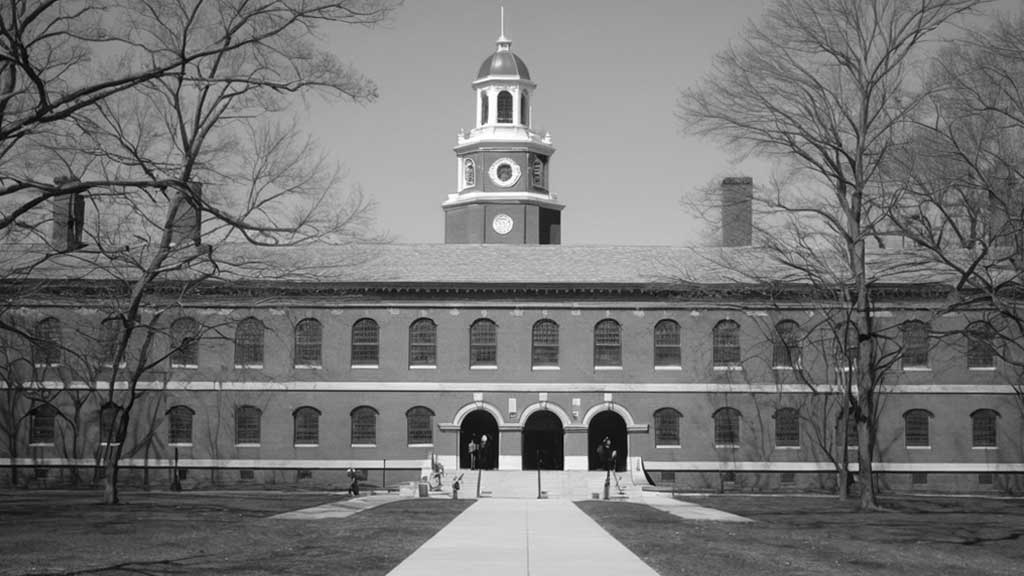
The 20th century saw a transition in Boston’s economic identity. The decline of manufacturing forced a shift towards knowledge-based industries.
World War I spurred technological development, with companies like Raytheon and MIT playing a key role. Boston’s renowned universities, Harvard and MIT, became magnets for talent, fostering a culture of research and innovation.
The healthcare industry also began to flourish, with hospitals like Massachusetts General becoming leaders in medical advancements.
High Tech Hub and the Rise of Services (Mid 20th Century-Present)
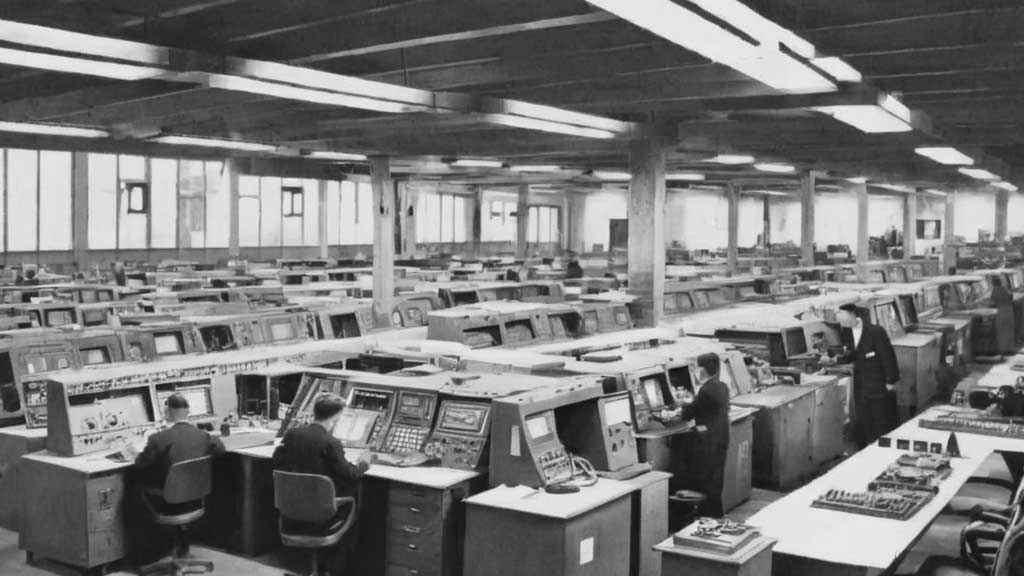
Post-WWII, Route 128, now known as “America’s Technology Highway,” became a catalyst for the rise of Boston’s high-tech sector. Companies like Digital Equipment Corporation (DEC) and Wang Laboratories solidified the city’s reputation as a hub for innovation.
Financial services also continued to thrive, with institutions like Fidelity Investments and the Boston Stock Exchange playing major roles.
More recently, the rise of biotechnology and life sciences has further diversified Boston’s economy, with companies like Biogen and Moderna leading the charge.
Fintech, a marriage of finance and technology, has also emerged as a strong area of growth.
Challenges and Looking Ahead
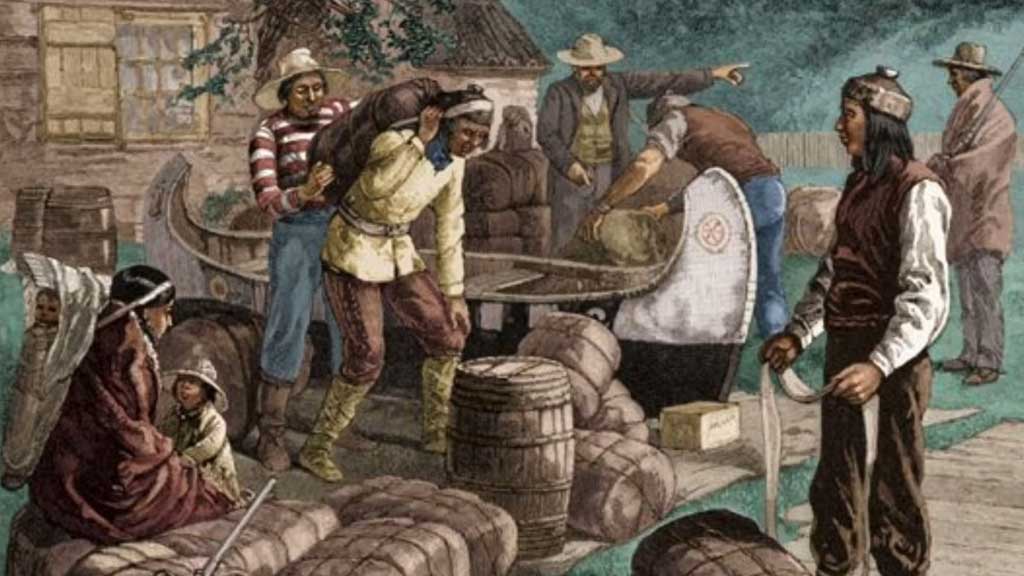
Boston’s economic success hasn’t been without challenges. Deindustrialization led to job losses in the mid-20th century. The high cost of living remains a concern, potentially hindering affordability and attracting talent.
However, Boston’s history of adaptation suggests a city well-equipped to navigate future challenges. Its focus on education, research, and innovation continues to position it as a leader in the knowledge economy.
From fur trading to fintech, Boston’s economic story is one of constant evolution. By embracing new industries and fostering a culture of innovation, Boston has secured its place as a major economic force in the United States and beyond.
What Major Industries Play Key Roles in the Economy of Boston?
Boston’s economy is diverse and robust, driven by a variety of major industries that play key roles in shaping the city’s economic landscape.
Boston thrives on innovation, entrepreneurship, and a skilled workforce. Let’s delve into some of the major industries that contribute significantly to Boston’s economy:
Finance and Financial Services

Boston boasts a strong financial sector, anchored by several prominent firms and institutions. The city is home to major banks, investment firms, asset management companies, and insurance providers.
Institutions like State Street Corporation, Fidelity Investments, and John Hancock Financial Services have a significant presence in Boston, contributing to the city’s status as a financial hub. The city’s robust financial sector provides a wide range of services.
Technology and Innovation
Boston has earned a reputation as a global center for technology and innovation, fueled by world-class universities, research institutions, and a thriving startup ecosystem.
The city is home to renowned technology companies, including biotech firms, software developers, hardware manufacturers, and IT services providers.
The presence of tech giants like Microsoft, Google, and Amazon, along with successful startups like HubSpot, Wayfair, and Toast, underscores Boston’s position as a leading tech hub.
Healthcare and Life Sciences
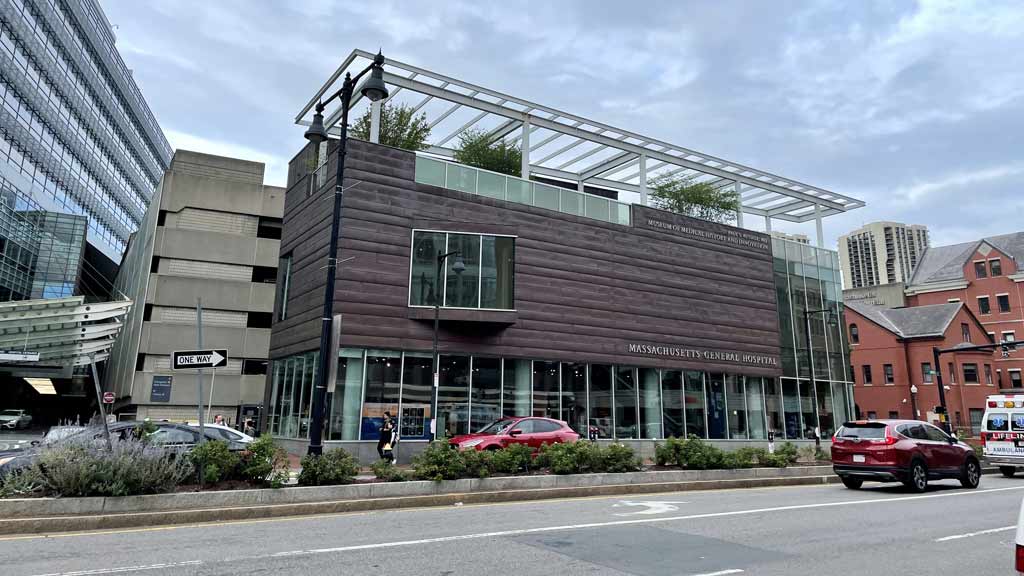
Boston is a powerhouse in the healthcare and life sciences sector, with a concentration of world-class hospitals, research institutions, biotech companies, and pharmaceutical firms.
The city is home to renowned medical centers like Massachusetts General Hospital, Brigham and Women’s Hospital, and Dana-Farber Cancer Institute, which attract patients and medical professionals from around the globe.
Education and Higher Education
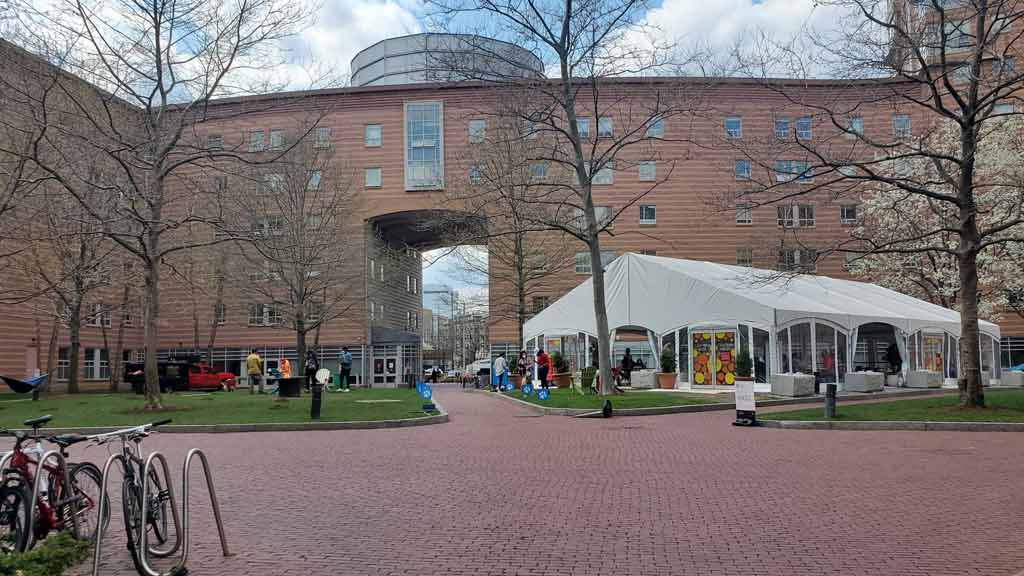
Boston is a hub of education and higher learning, with a concentration of prestigious universities, colleges, and research institutions.
Institutions like Harvard University, MIT, Boston University, and Northeastern University attract students and scholars from around the world, contributing to the city’s intellectual capital and talent pool.
Boston’s higher education sector drives innovation, research, and workforce development across a wide range of disciplines, including science, engineering, business, law, and the arts.
Tourism and Hospitality

Boston’s rich history, cultural attractions, and vibrant neighborhoods make it a popular destination for tourists and visitors.
The city offers a wealth of historical sites, museums, art galleries, theaters, and culinary experiences, attracting millions of visitors each year.
Iconic landmarks like Fenway Park, Freedom Trail, and Faneuil Hall Marketplace draw both domestic and international tourists, contributing to the city’s tourism industry. Boston’s hospitality sector encompasses hotels, restaurants, bars, entertainment venues, and event spaces.
Professional Services and Consulting
Boston is a center for professional services and consulting, with a concentration of law firms, accounting firms, management consulting firms, and other professional service providers.
The city’s professional services sector supports businesses across various industries, providing legal, financial, accounting, and strategic advisory services.
Real Estate and Construction
Boston’s thriving real estate market reflects the city’s economic vitality and urban development. The city experiences ongoing construction activity, including residential, commercial, and infrastructure projects.
Residential development ranges from luxury condominiums and apartments to affordable housing initiatives, addressing the diverse needs of Boston’s population.
Commercial real estate encompasses office buildings, retail centers, mixed-use developments, and hospitality properties, catering to businesses and consumers alike.
Manufacturing and Advanced Manufacturing
While Boston’s economy is predominantly service-based, the city maintains a presence in manufacturing, particularly advanced manufacturing and precision engineering.
Boston’s manufacturing sector focuses on high-value-added industries such as aerospace, defense, medical devices, and robotics.
The city’s advanced manufacturing capabilities leverage cutting-edge technologies, including 3D printing, automation, and advanced materials, to produce complex components and products.
FAQs
What industries contributed to Boston’s early economic growth?
Whether trading tea in the 17th century or mutual funds in the 20th century, Boston grew by being a leader in industries such as printing, publishing, finance, education, and health care. These sectors have been integral parts of the city’s economy for centuries.
How did Boston transition after World War II?
The post-war era marked a shift toward finance and professional services. The opening of the Prudential Tower in 1965 symbolized the beginning of Boston’s modern service economy.
The city’s employment numbers reached an all-time high, and unemployment hit a record low.
What role does Boston play in the region’s economy?
Boston stands as a hub for finance, insurance, real estate, and services. Its strong service sector includes health care, professional and business services, and research.
The city leads the nation in National Institutes of Health research grants, receiving $760 million in 1997.
How has Boston’s real estate market evolved?
Boston’s commercial market is robust, with historic lows in Class A vacancy rates. The average daily room rate for hotels has reached new highs due to strong demand from tourists and business travelers.
What characterizes Boston’s population and income distribution?
Boston’s population is approximately 654,776, with a 6.0% growth rate between 2010 and 2021. The city houses a large population of white-collar workers, and educational attainment remains a significant factor in its economic landscape.
Conclusion
Boston’s economic history is a testament to resilience, adaptation, and innovation. From its origins as a colonial trading post to its modern-day status as a global leader in finance, technology, and education, the city has continuously reinvented itself to meet the challenges of each era.
The legacy of Boston’s maritime heritage, industrial prowess, and intellectual capital endures, serving as a foundation for continued growth and prosperity.
As we look to the future, Boston remains poised at the forefront of innovation, with its diverse economy, world-class institutions, and entrepreneurial spirit driving forward progress.
By embracing change, fostering collaboration, and nurturing talent, Boston will continue to shape the economic landscape, not only regionally but on a global scale.
The story of Boston’s economic evolution is a dynamic narrative of ambition, ingenuity, and perseverance, illustrating the enduring legacy of a city that has always dared to dream big.
Jaclyn Lowe